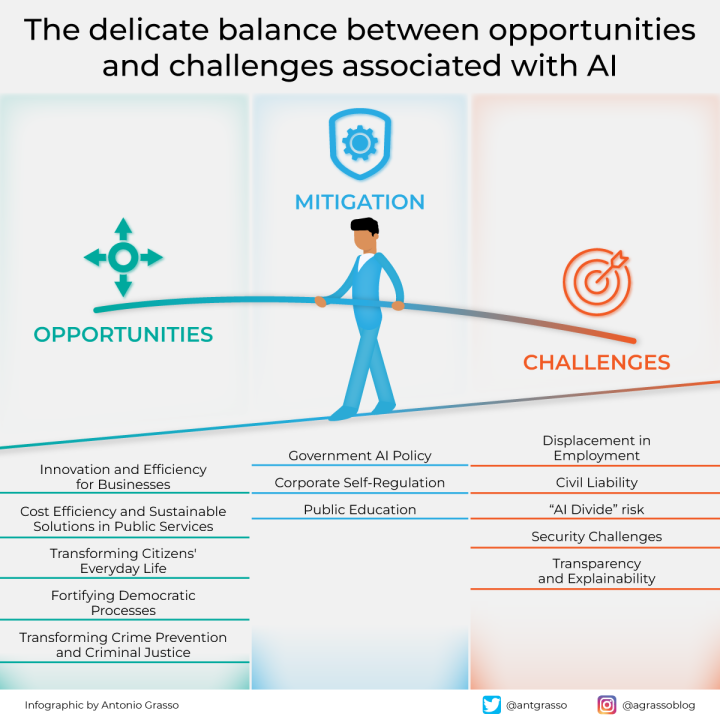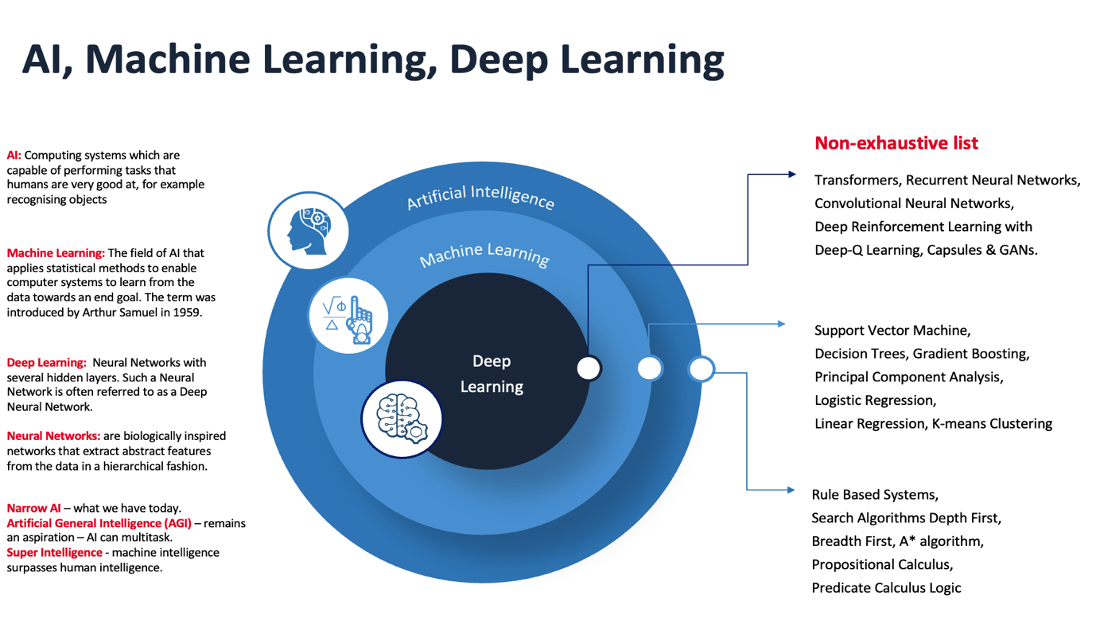Explore the incredible AI advancements shaping our world, the challenges they present, and the chilling possibility of a Skynet future.
Table of Contents
- Introduction to Artificial Intelligence
- Historical Context of AI
- Current Applications of AI
- Benefits of AI
- Challenges and Ethical Concerns in AI
- Future Direction of AI
- Could Skynet Happen?
- The Role of Regulation in AI
- Balancing Innovation and Responsibility in AI
- Conclusion: Embracing the Potential of AI
Artificial Intelligence (AI) has become an integral part of our everyday lives, from virtual assistants like Siri and Alexa to self-driving cars and personalized recommendation systems. The field of AI has made remarkable advancements in recent years, reshaping industries and revolutionizing the way we interact with technology. In this blog post, we will delve into the world of AI, exploring its historical context, current applications, benefits, challenges, ethical concerns, future direction, and the intriguing question of whether a scenario like Skynet from the movie “Terminator” is a possibility in the real world.
Introduction to Artificial Intelligence
Artificial Intelligence refers to the simulation of human intelligence processes by machines, allowing them to learn, reason, and make decisions. The ultimate goal of AI is to create systems that can perform tasks that typically require human intelligence, such as problem-solving, language translation, and visual recognition. AI encompasses various subfields, including machine learning, natural language processing, and robotics.
Historical Context of AI
The concept of AI dates back to the 1950s when pioneers like Alan Turing and John McCarthy laid the foundations for the field. Over the decades, significant advancements have been made in AI research, leading to breakthroughs such as the development of neural networks, deep learning, and reinforcement learning. Key milestones in AI history include the creation of IBM’s Deep Blue computer, which defeated world chess champion Garry Kasparov in 1997.
Current Applications of AI
Today, AI technology is ubiquitous, with applications spanning various industries. In healthcare, AI is used for diagnosing diseases, personalizing treatment plans, and analyzing medical images. In finance, AI algorithms are employed for fraud detection, algorithmic trading, and customer service. The entertainment industry utilizes AI for content recommendation, immersive gaming experiences, and virtual reality simulations.

Image courtesy of www.linkedin.com via Google Images
Benefits of AI
One of the primary benefits of AI is its ability to streamline processes, improve efficiency, and enhance decision-making. AI technologies can analyze vast amounts of data rapidly, identify patterns, and make predictions with a high degree of accuracy. In healthcare, AI-powered tools have the potential to save lives by diagnosing diseases early and recommending personalized treatment options.
Challenges and Ethical Concerns in AI
Despite its transformative potential, AI also poses challenges and ethical concerns. Job displacement due to automation, bias in AI algorithms, and the misuse of AI for surveillance are areas of concern. Ensuring that AI technologies are developed and deployed responsibly, with proper safeguards in place to protect privacy and prevent discrimination, is crucial for the ethical advancement of AI.
Image courtesy of www.quora.com via Google Images
Future Direction of AI
The future of AI holds immense promise, with ongoing research and innovation driving advancements in the field. Predictive analytics, autonomous vehicles, and human-like chatbots are just a few examples of the exciting possibilities that AI holds. As AI continues to evolve, it is essential to consider the ethical implications of its growth and ensure that AI technologies serve the greater good.
Could Skynet Happen?
The concept of Skynet, the self-aware artificial intelligence system depicted in the “Terminator” movies, raises intriguing questions about the potential dangers of advanced AI. While the scenario of a malevolent AI gaining consciousness and posing a threat to humanity remains a work of science fiction, experts emphasize the importance of implementing AI ethics guidelines and regulatory frameworks to mitigate risks and ensure the responsible development of AI.

Image courtesy of www.bbntimes.com via Google Images
The Role of Regulation in AI
Regulation plays a crucial role in shaping the future of AI and safeguarding against potential risks. Governments and international organizations are increasingly focusing on establishing guidelines and standards for the ethical use of AI, addressing issues such as transparency, accountability, and bias in AI systems. Collaboration between policymakers, technologists, and ethicists is essential to create a regulatory framework that balances innovation with responsibility.
Balancing Innovation and Responsibility in AI
As AI technologies continue to advance, it is imperative to strike a balance between innovation and responsibility. Embracing the potential of AI to drive progress while upholding ethical principles and human values is a collective endeavor. By fostering dialogue, promoting diversity in AI development, and prioritizing ethical considerations, we can harness the power of AI for the betterment of society.

Image courtesy of financesonline.com via Google Images
Conclusion: Embracing the Potential of AI
In conclusion, AI holds immense potential to transform our world for the better, offering unprecedented opportunities for innovation and progress. By understanding the historical context of AI, exploring its current applications, addressing challenges and ethical concerns, envisioning its future direction, and contemplating the implications of scenarios like Skynet, we can navigate the complex landscape of AI with wisdom and foresight. As we embrace the possibilities that AI offers, let us also commit to fostering a responsible and inclusive AI ecosystem that benefits all of humanity.



Comments